Vienna Election 2025: Starting Position, Goals and Opportunities of the Parties
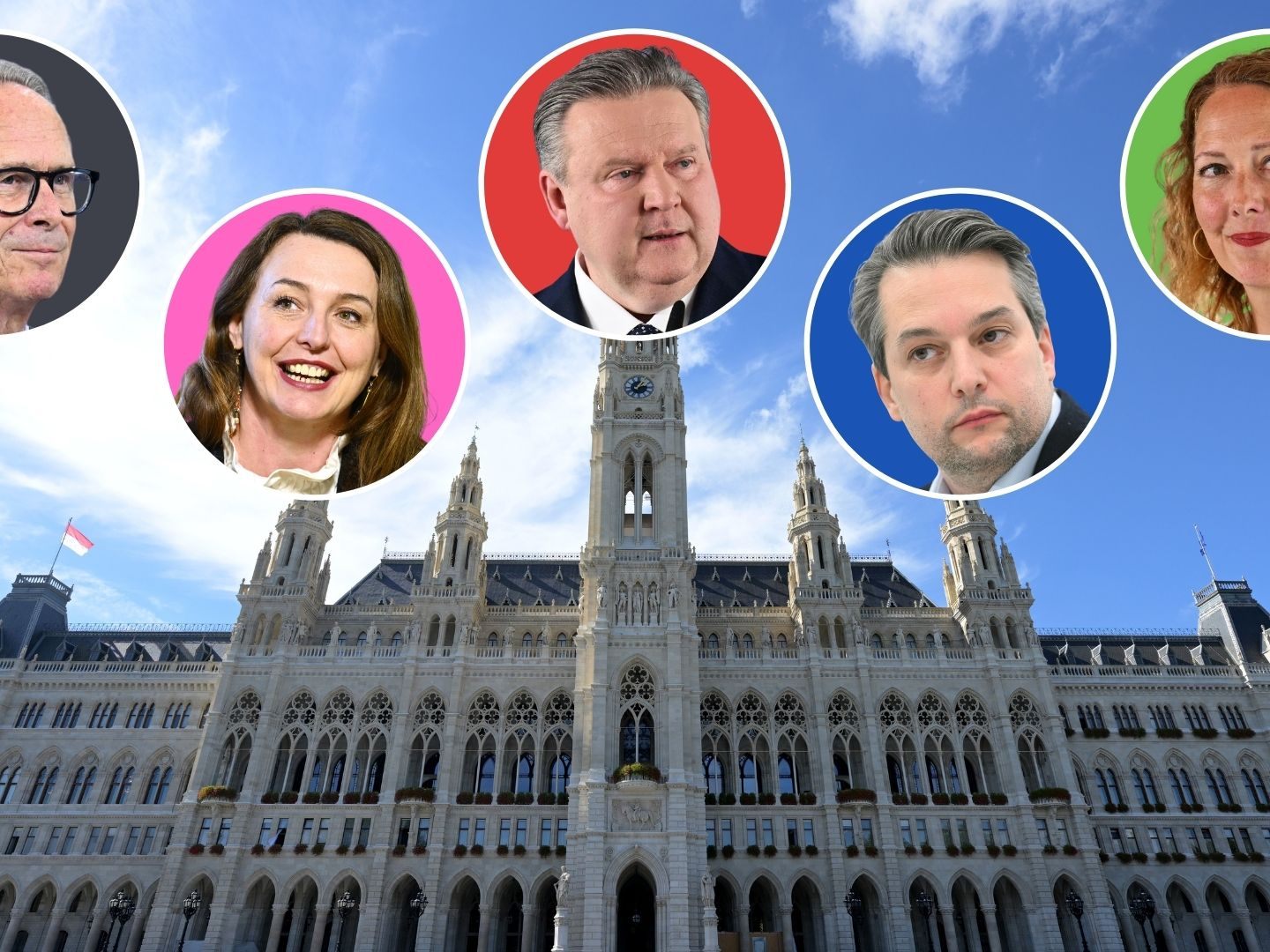
The starting position of the parties in the Vienna election 2025 is completely different from five years ago. Back then, the Ibiza scandal caused a crash for the Viennese Blues, who managed to surpass the 30 percent mark in 2015. All other parties gained at that time. Especially the ÖVP enjoyed strong support, with the tailwind of the federal party under chairman Sebastian Kurz being noticeable.

However, 2020 also marked a turning point: The SPÖ under Ludwig decided not to continue the coalition with the Greens. This allowed the NEOS to step in. The two parties forged a "progress coalition," which was inaugurated with an oversized punch cake. It is considered likely that the red-pink coalition will continue after the Vienna election 2025 - if it works out. It is possible, but it could be close.
The starting positions, goals, and chances of the parties in the Vienna election 2025
SPÖ
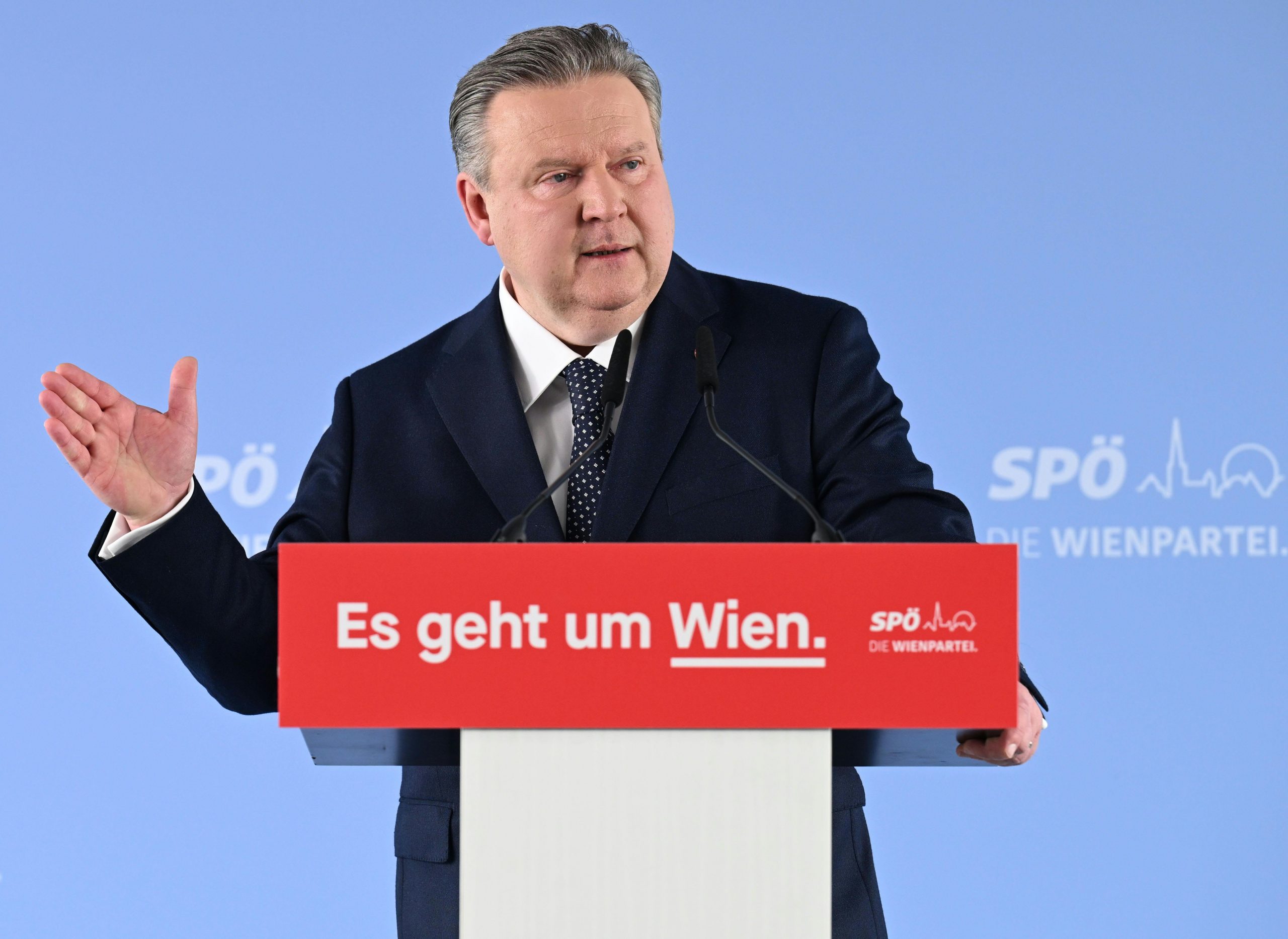
Incumbent Michael Ludwig can approach the election relatively relaxed. This does not mean that there must be gains per se. On the contrary: According to current polls, they are still far from the 41.6 percent of 2020. However, surpassing the 40 percent mark is considered quite possible. This would mean that Ludwig could probably form coalitions with all other parties if it doesn't work out with the NEOS. The only thing completely ruled out here is a red-blue coalition. Speaking of blue: The looming chancellorship of FPÖ leader Herbert Kickl was the reason to move the election to spring. This specter has now disappeared for the Reds.
Ludwig is unlikely to set any records. If anything, a negative one might be expected - if it fails to mobilize more than the 39.2 percent of voters, which in 1996 meant the historically worst result for Vienna. The peak value of 60.1 percent in 1973, during the Kreisky era, is out of the question. The record gain of 7.8 percentage points achieved in the 2001 election is also completely out of reach. An even bigger surprise would be if the SPÖ lost the mayor's seat, which has been continuously occupied in the Second Republic. Because a realistic majority against the SPÖ is once again not emerging.
ÖVP
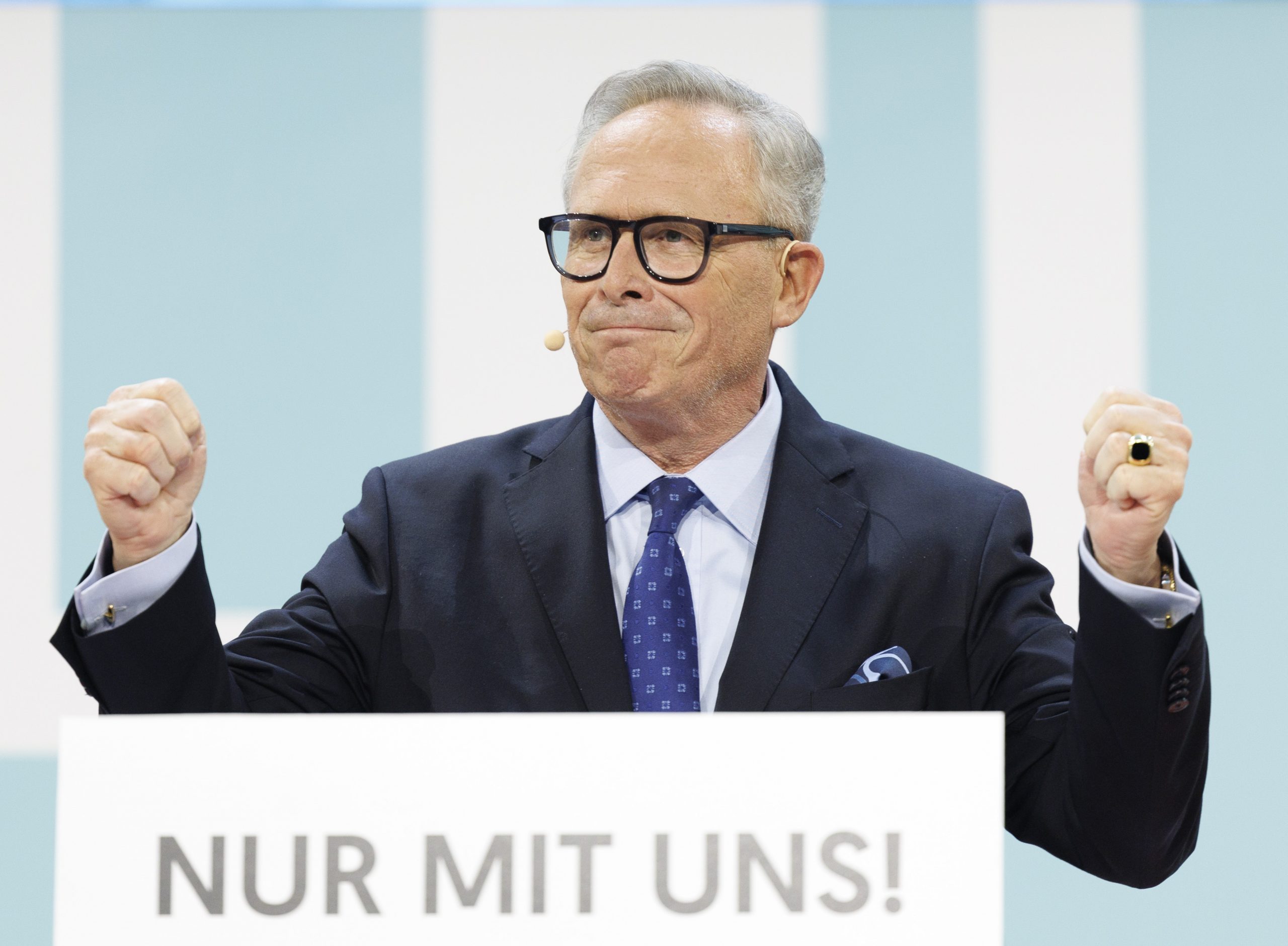
The rosy turquoise years seem to be over. In 2020, the People's Party, led into the election by then Finance Minister Gernot Blümel, could look forward to election day. They actually achieved 20.4 percent, an increase of 11.2 percentage points. Now, polls suggest a halving. The party experienced turbulent times at the end of 2021: After the withdrawal of Chancellor and ÖVP leader Sebastian Kurz, Kurz's confidant Blümel also withdrew from all offices. Former police officer and National Council member Karl Mahrer was nominated as his successor. He sees chances to limit the decline, even though an indictment against him in connection with the Wienwert case will at least not help achieve this goal.
The Viennese People's Party knows what it's like to suffer heavy losses. In 2015, they fell below the ten percent mark (9.2 percent). At that time, they even came in fourth for the first time. The Viennese ground has never been particularly favorable for the ÖVP: They have always lagged far behind the SPÖ - even at peak times (1945, 1949, 1978, and 1983) not quite reaching 35 percent. It is not considered very likely that the ÖVP will enter into a coalition with the SPÖ as a junior partner. If a cooperation with the NEOS does not work out, the ÖVP would be an alternative. The willingness is there: The city-turquoises have repeatedly affirmed their desire to co-govern.
GREENS
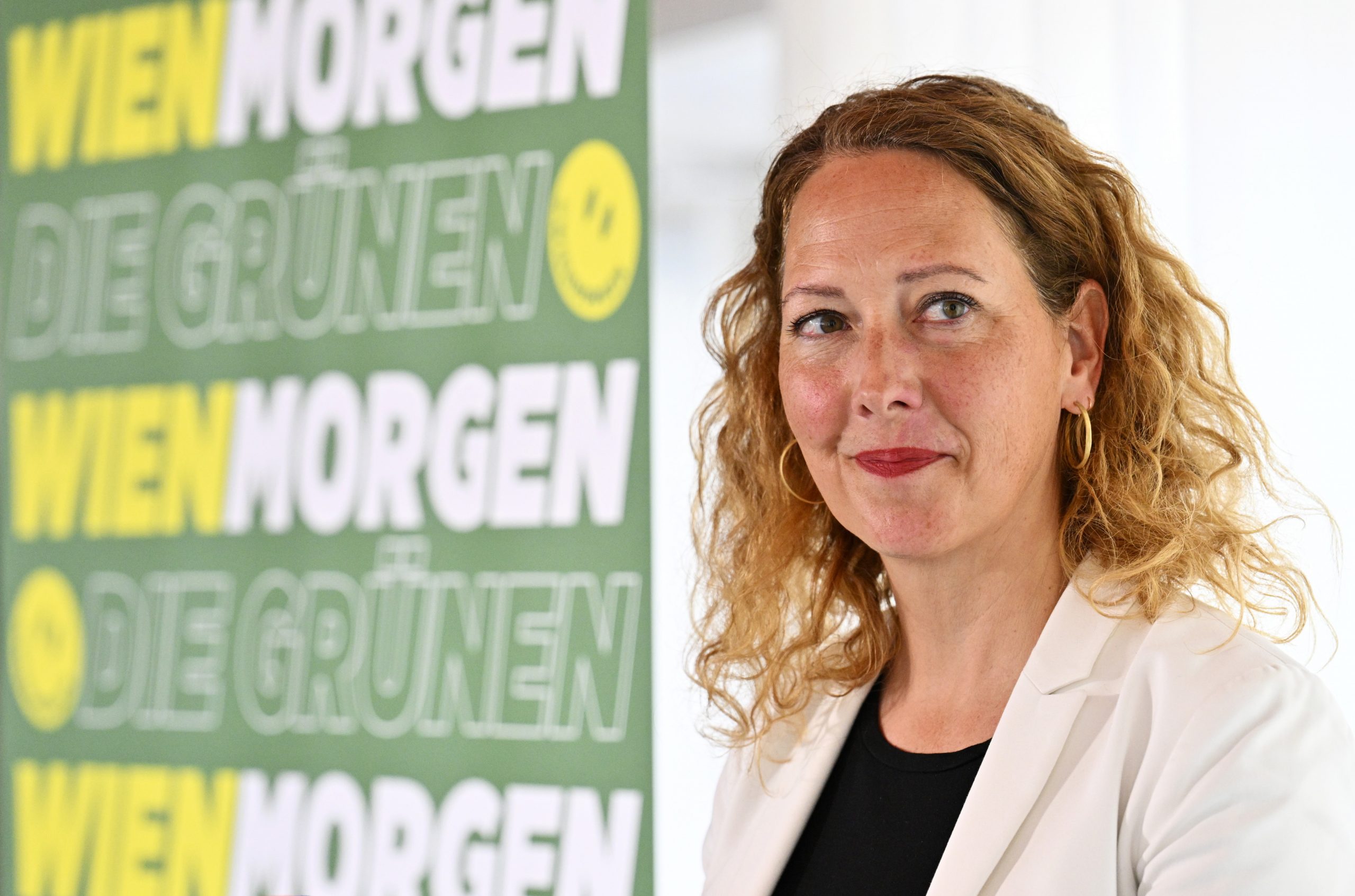
Vienna must become Burgenland. This is the - albeit not explicitly stated - motto of the Viennese Greens. They too want to return to power. For weeks, a comeback of Red-Green has been promoted, that is, the combination that now governs in Burgenland. However, the Viennese eco-party will probably also struggle to maintain the result from 2020. At that time, they were able to celebrate their best result so far with 14.8 percent. Nevertheless, party leader Birgit Hebein quickly became history. The successor to Maria Vassilakou as chairwoman and city councilor or deputy mayor was dismissed by her party after Mayor Ludwig decided on the NEOS after ten years of cooperation.
This was followed by the appointment of a duo. Judith Pühringer and Peter Kraus have been leading the party together since then, with Pühringer at the top of the state list for the upcoming election. The fact that the Greens have consistently suffered losses in elections after their stint in the federal government does not give much hope. According to surveys, however, the losses should be limited - with some forecasts even predicting a gain. In opposition work, the Greens in Vienna naturally initially struggled, as quite a few realized projects had been initiated under their aegis. Corona also ensured at the beginning of the legislative period that other issues such as traffic or climate protection were pushed into the background.
NEOS
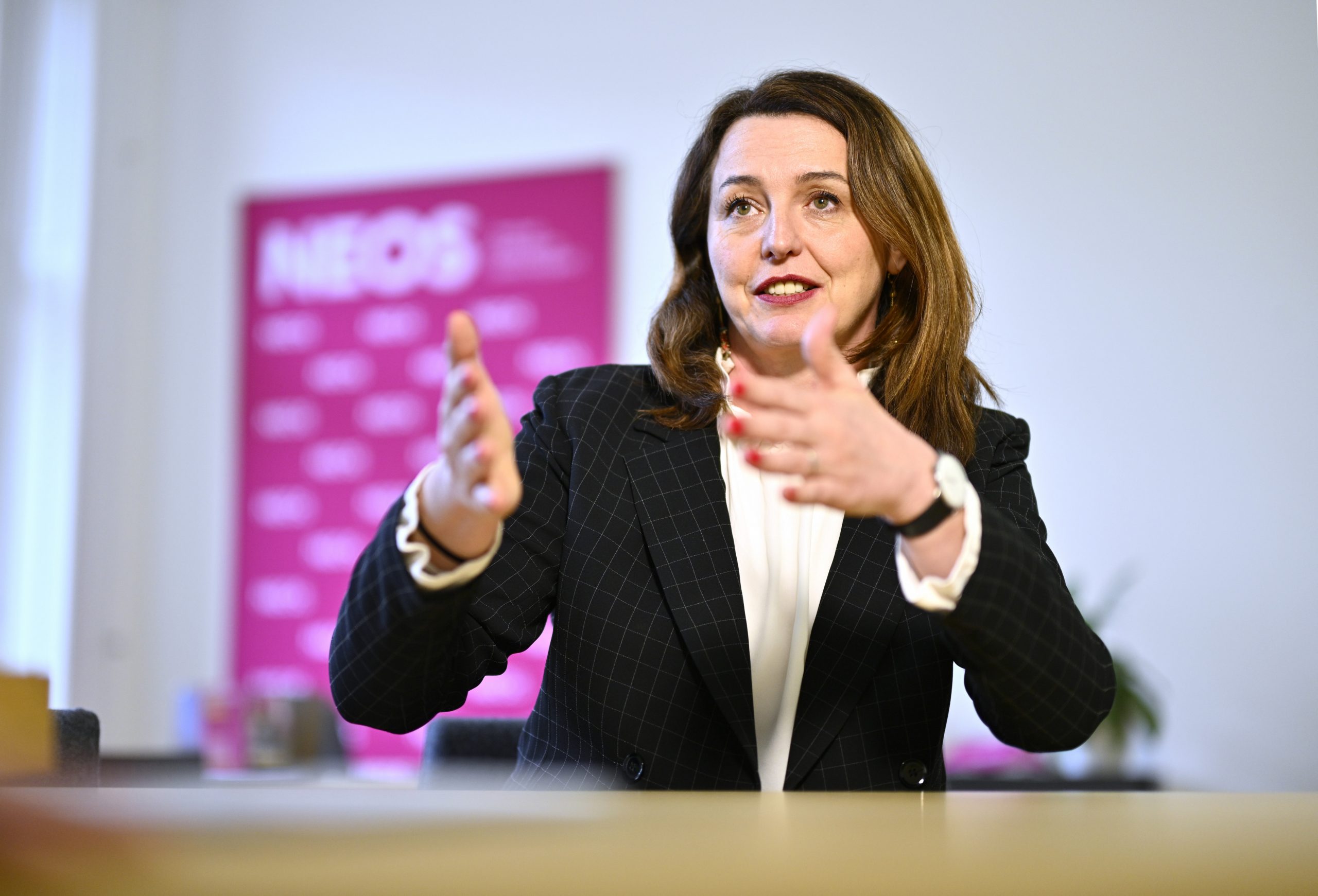
The statement that a starting position has changed applies to no party as much as to the NEOS. From a small opposition party, they have now mutated into a - albeit still not particularly large - governing party. And not only in Vienna, but also at the federal level. In Vienna, the coalition with the SPÖ was sealed after the 2020 election, in which the NEOS slightly increased to 7.5 percent. From the first months, still massively shaped by the pandemic, to the decision for new elections, the work functioned largely friction-free. At least they refrained from public skirmishes. In harmonious unity, the advancement of the election from autumn to April was also decided.
But then came the formation of the government at the federal level. The NEOS found themselves in a three-party coalition, Christoph Wiederkehr, Vienna's state spokesperson, education councilor, and deputy mayor was appointed Minister of Education. He was nominated a few days after being elected as the top candidate for the Vienna election by the pink base. After a short period of consideration, he finally decided not to run in Vienna. However, he remains the head of the city-pinks. Since his departure, the previous club chairwoman Bettina Emmerling has been the deputy mayor and education councilor, and the new club chairwoman Selma Arapovic now holds the first list position. The goal of the city-pinks is the continuation of Red-Pink.
FPÖ
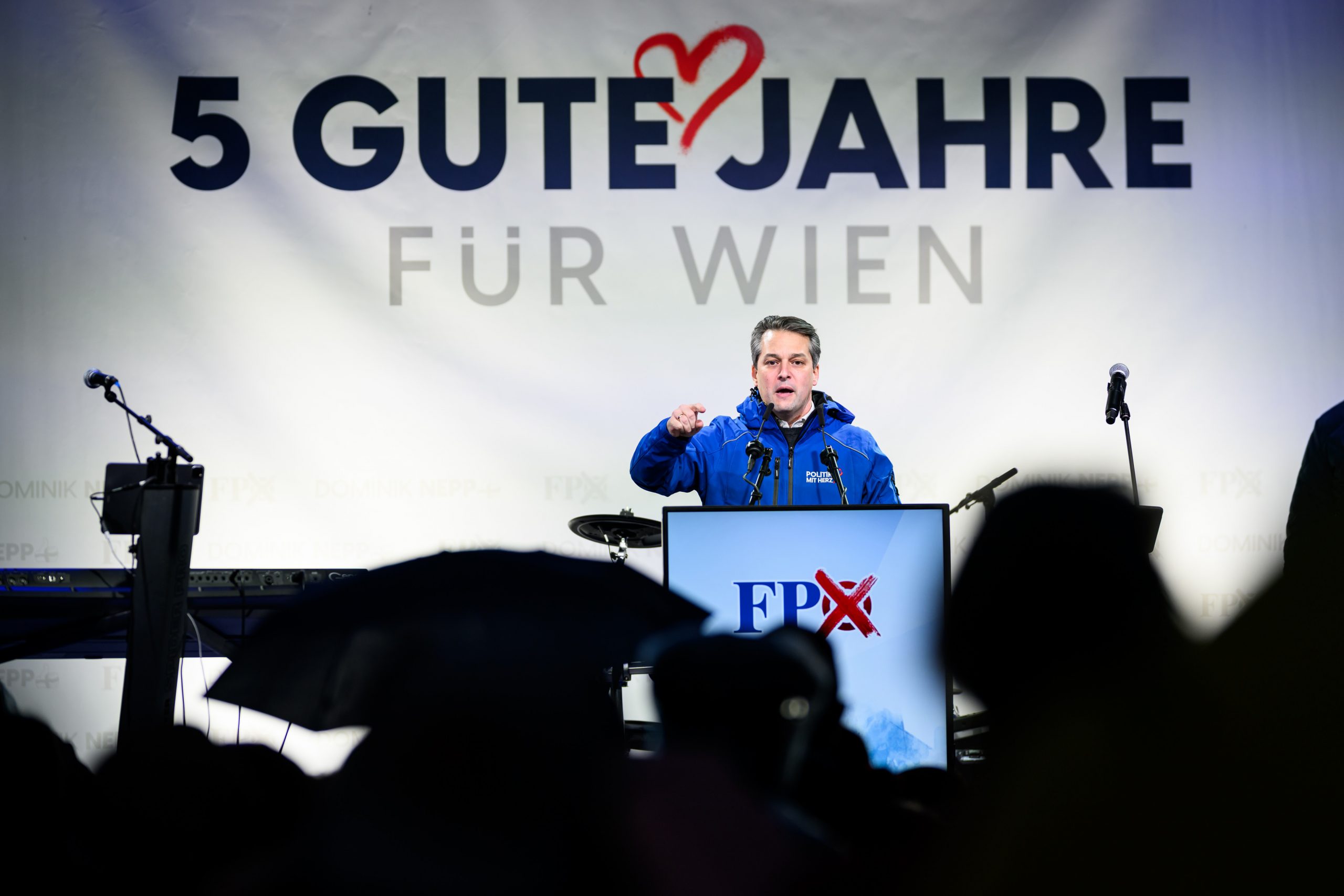
For the Blues, the roller coaster ride continues, after the rapid descent, they are likely to reach the heights again this year. After the exposure of the Ibiza visit of their chairman Heinz-Christian Strache - the federal party leader was also at the head of the Viennese party - the FPÖ suffered a massive loss in 2020. They plummeted from 30.8 percent to just 7.1 percent, hitting the bottom of the results list. At that time, the post of deputy mayor, which the new party leader Dominik Nepp had temporarily held, was also lost again.
Now they could at least surpass the 20 percent mark again. The FPÖ continues to focus on the mobilization issue of migration and hopes to benefit from the blue surge at the federal level. While it briefly looked like they might participate in the government there, such a scenario is completely unlikely in Vienna. The Freedom Party is also likely to be displeased with the renewed candidacy of their ex-leader. Heinz-Christian Strache had already attempted a run with renegade blue deputies in 2020 but failed to enter the city council. This year, too, it seems - at least if one considers the latest forecasts - unlikely to succeed.
(APA/Red)
This article has been automatically translated, read the original article here.
Du hast einen Hinweis für uns? Oder einen Insider-Tipp, was bei dir in der Gegend gerade passiert? Dann melde dich bei uns, damit wir darüber berichten können.
Wir gehen allen Hinweisen nach, die wir erhalten. Und damit wir schon einen Vorgeschmack und einen guten Überblick bekommen, freuen wir uns über Fotos, Videos oder Texte. Einfach das Formular unten ausfüllen und schon landet dein Tipp bei uns in der Redaktion.
Alternativ kannst du uns direkt über WhatsApp kontaktieren: Zum WhatsApp Chat
Herzlichen Dank für deine Zusendung.



